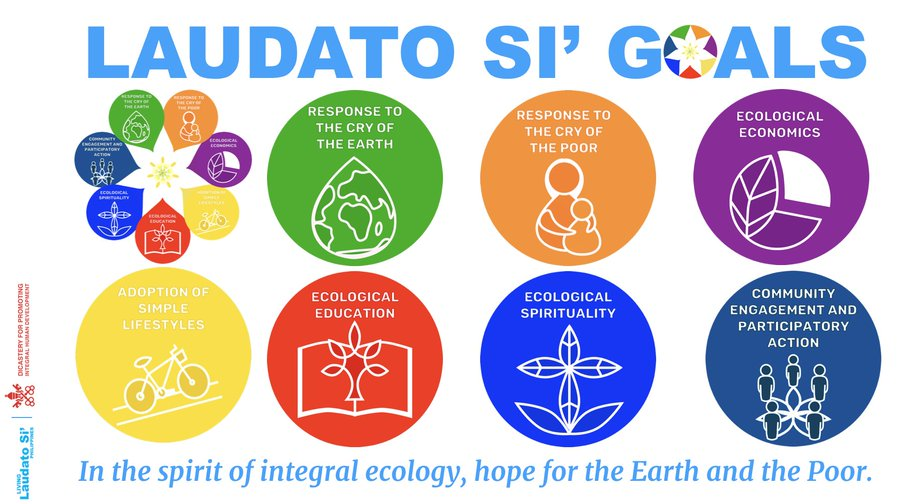Environmental Cost of AI
Tech firms have reported that the increasing energy demand from building and running these data centres is pushing up their global greenhouse gas (GHG) emissions. Microsoft, which has invested in ChatGPT maker OpenAI and has positioned generative AI tools at the heart of its product offering, announced in May 2024 that its CO2 emissions had risen nearly 30% since 2020 due to data centre expansion. Google’s 2023 GHG emissions were almost 50% higher than in 2019, largely due to the energy demand tied to data centres.
"After PJM tapped the company to build a 36-mile-long portion of the planned power lines for $392 million, FirstEnergy announced in February that the company is abandoning a 2030 goal to significantly cut greenhouse gas emissions because the two plants are crucial to maintaining grid reliability."
"While a mundane search query finds existing data from the Internet, she says, applications like AI Overviews must create entirely new information; Luccioni’s team has estimated it costs about 30 times as much energy to generate text versus simply extracting it from a source."
"While electricity demands of data centers may be getting the most attention in research literature, the amount of water consumed by these facilities has environmental impacts, as well. Chilled water is used to cool a data center by absorbing heat from computing equipment. It has been estimated that, for each kilowatt hour of energy a data center consumes, it would need two liters of water for cooling, says Bashir."
- Washington Post | "A bottle of water per email: the hidden environmental costs of using AI chatbots"

Catholic Social Teaching and Environmental Concern
"We...the Dominican Sisters of Sinsinawa, believe that our present relationship with Earth and the resources provided by Earth are grievously imbalanced and harmful to the planet itself. The impact of human action stresses and overwhelms the self-sustaining and self-correcting capacities of our environment, narrows biodiversity, and threatens the capacity of Earth to support future generations.
We recognize that the reality of global climate change negatively impacts the community of life in ways that go well beyond our understanding. We recognize that the negative impact on the human community is experienced more forcefully and comprehensively by persons who are living in poverty, living close to the land, and living in fragile ecological ecosystems.
"We show our respect for the Creator by our stewardship of creation. Care for the earth is not just an Earth Day slogan, it is a requirement of our faith. We are called to protect people and the planet, living our faith in relationship with all of Gods creation. This environmental challenge has fundamental moral and ethical dimensions that cannot be ignored."
Laudato Si' Commitment

"Pope Francis calls the Church and the world to acknowledge the urgency of our environmental challenges and to join him in embarking on a new path. This encyclical is written with both hope and resolve, looking to our common future with candor and humility." To find other resources on the care of creation, visit the Environmental Justice page.
